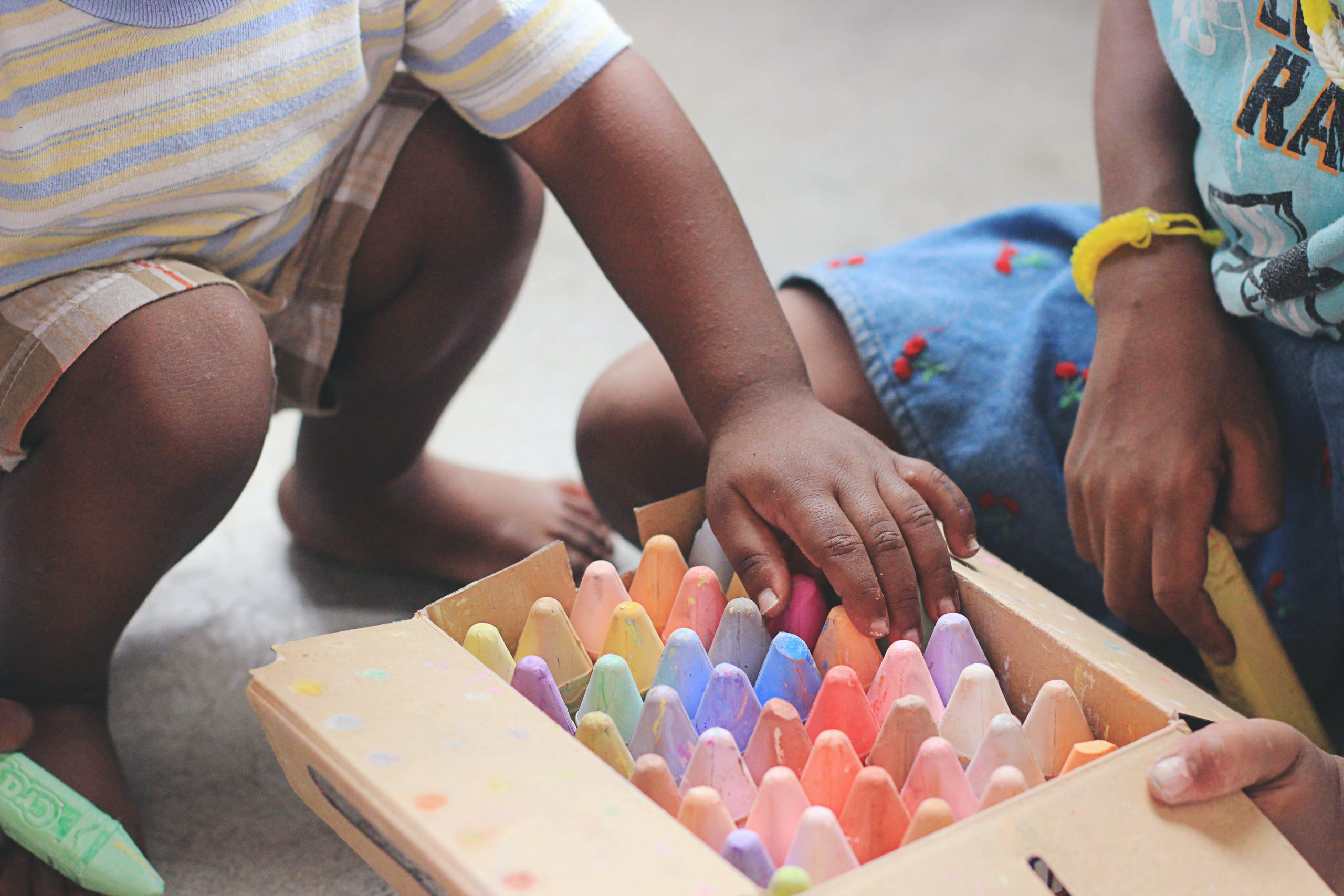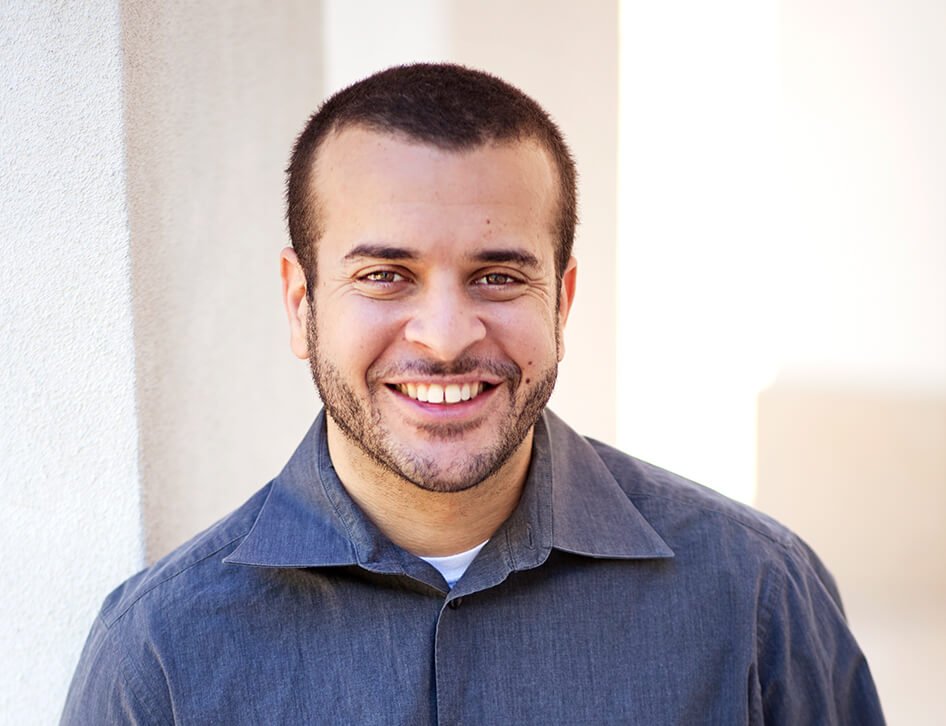Autism Testing in Simi Valley, Ca
As a parent it can be heartbreaking to see your child not connecting with others. Get Started NowYou see other kids engaging with each other, laughing and playing.
But your child tends to sit by himself, be happy playing with toys on his own, and often appears uninterested in other kids. He may struggle to make friendships or keep friends. Teachers may be noticing some concerns for your child such as difficulties participating with the rest of the class.
It can be difficult to share in activities with your child. Perhaps there are only a couple of things he seems to truly enjoy with you. Maybe he loses interest in games or interactions quickly. You see him flourish in certain areas, but seem to struggle in many others.
Fortunately, with a clearer picture of what is happening for your child, many avenues of support become available.
Although exploring if your child may have a diagnosis of autism can be a scary process, it can also be the first step in feeling more confident in how to support your child’s development.
What is Autism?
Social communication
Presence of restricted interests
Or repetitive behaviors is another key area affected by autism. These symptoms can include becoming fixated on certain topics or routines. This includes how much a person talks about those topics or insists on doing the same activity. People with autism often have strong sensory interests or aversions. They may also engage in self-stimulatory behaviors such as flapping hands, flicking fingers, etc.
What is Asperger’s Syndrome?
You may have heard of terms such as Asperger’s Syndrome or “high-functioning autism.” These refer to people who may be less severely impacted by autism symptoms. For example, they may be able to communicate verbally, have some social skills, and are largely able to engage in their environment appropriately, but with some significant difficulties as well.
Asperger’s Syndrome and “high-functioning autism”, are not their own separate diagnoses, but instead, fall under the umbrella of Autism Spectrum Disorder. It is important to remember there is a big range in how severely symptoms of autism will impact an individual.
What are common signs of autism?
Keep in mind: If a child has autism, it is never too late to receive services and interventions that can help. However, research has shown, the earlier a child receives services, the better the outcomes in regards to building social-communication and engagement. Knowing what signs to look for can help determine if a child would benefit from an evaluation.
How common signs of autism manifest at different stages of development:
Early years (0-3)
Some early signs of autism include not responding to his/her name, limited looking towards people’s faces, and limited interest in social games (e.g. peek-a-boo). General difficulties with communication are also noted. For example, a child may consistently scream when there is something they want rather than point or use a word.
They may make less clear attempts at initiating interactions with caregivers. At this early age, many sensory symptoms may also be noted such as being overly fixated or averse to specific sounds, smells, and/or textures. Young children may repeat the same play sequences repeatedly. Developmental delays such as being late to start using words or late in walking are often noted.
Preschool years
A major sign of autism at this age is limited interest in peers. Many children with autism are more object-focused than socially-focused and may prefer playing on their own or be more focused on toys than people. Some other common signs of autism at this age include limited eye contact, limited or odd language patterns, and difficulty communicating wants/needs.
Repetitive behaviors are also noted including repeated play patterns, strong interests in a small number of topics, and repetitive body movements. Children with autism also often display rigidity when it comes to certain routines, rules, or placement of objects.
Preschool years
A major sign of autism at this age is limited interest in peers. Many children with autism are more object-focused than socially-focused and may prefer playing on their own or be more focused on toys than people. Some other common signs of autism at this age include limited eye contact, limited or odd language patterns, and difficulty communicating wants/needs.
Repetitive behaviors are also noted including repeated play patterns, strong interests in a small number of topics, and repetitive body movements. Children with autism also often display rigidity when it comes to certain routines, rules, or placement of objects.

Grade school
Key things to look out for at this age are continued difficulties in social-communication as well as continued repetitive patterns of behavior that have not improved over time or that are becoming more pronounced.
Limited ability to communicate at an age-appropriate level, low interest in peers/people, and repetitive play or speech patterns are common characteristics of autism at this age. Difficulties with social communication are likely to occur both at home and at school, and are not attributable to just being anxious or shy.
What does an assessment for autism entail?
There are several components to determine if a child has a diagnosis of Autism Spectrum Disorder. Here is a brief explanation of what to expect during the neuropsychological testing process.
Developmental interview/Questionnaires.
Parents will participate in a developmental interview, considered one of the “gold standards” for autism diagnoses (Autism Diagnosis Interview-Revised). During this interview, parents will be asked questions relating to the presence, development and change of specific autism symptoms.
Questions about overall development will also be asked such as when a child achieved milestones such as walking or talking. The parent and the child’s teacher (if applicable) will also complete brief questionnaires to provide more information on the child’s development.
This portion of the autism evaluation is essential in determining how symptoms related to autism may be present for the child and how they have developed over time.
Semi-structured play observation
Another “gold standard” assessment is called the Autism Diagnostic Observation Scale, Second Edition (ADOS-2). During this assessment, a child is presented with a series of play activities while the clinician observes the presence of autism-related symptoms. Depending on the child’s age, parents are also included in the assessment. This assessment provides a score indicating if the child’s observed behaviors are indicative of a diagnosis of autism.
Developmental Assessments
Based on the child’s age, appropriate developmental assessments will also be administered. These assessments evaluate the presence of delays in areas such as language, motor skills, and independence skills.
Naturalistic Observation
If a child is in school, an observation may be set up to evaluate the child’s social behaviors in a natural setting. This step only occurs if applicable, and only with the parents’ permission. It can be helpful in comparing a child’s behaviors in a natural setting such as school to behaviors in a one-on-one setting such as in the evaluator’s office.
Detailed Report with Individualized Recommendations
At the end of an autism assessment, parents will participate in a feedback session where the results of the assessment will be described and parents’ questions can be addressed. The report will provide any applicable diagnoses. It will also provide recommendations for services based on the child’s unique situation as well as referrals to providers near the family. Specific recommendations for school will also be provided.
Who is the right fit for Autism testing?
It can be a difficult process pursuing an evaluation for autism. Many families feel uncertainty as to what it will mean if a child does receive a diagnosis. While it may be a scary process, finding out if your child has an autism diagnosis can also be the first step in feeling empowered to get them the support they need.
Leaving the assessment process with specific recommendations and supports tailored for your child’s needs can help you feel more in control moving forward.
More About Simi Psychological Group
Dr. John Danial
Licensed Psychologist PSY 29170
Our practice works from a systems perspective.
Where and When Can I schedule an Autism Testing in Simi Valley, Ca
Our office is conveniently located at:
3695 Alamo St. Suite 103
Simi Valley, CA 93063.
We also serve Moorpark, Thousand Oaks, Agoura Hills, Northridge, Porter Ranch, and the surrounding communities.
Business hours and availability are dependent on the provider.
Your Next Steps
Autism Testing will help you get the answers you need and the necessary support for your child to thrive.
And they’ll also bring clarity to the questions you have had for so long. Ultimately, knowing the answers will provide you with a sense of peace that comes from finally having a plan. We can help.






